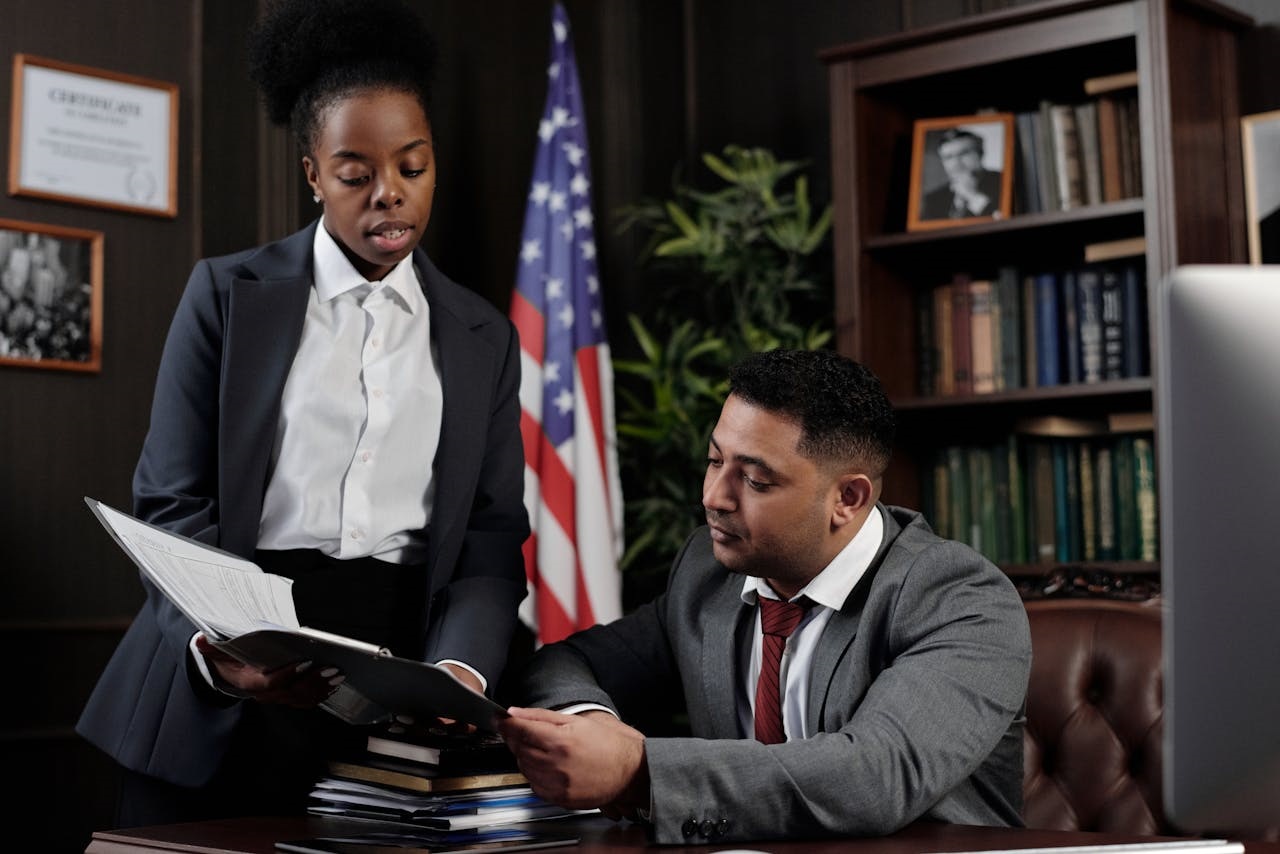Preparing for a legal trial can be daunting, requiring meticulous planning, thorough research, and strategic decision-making. There are a lot of things to think about when getting ready for trial, from collecting evidence to choosing expert witnesses and crafting legal arguments. This comprehensive guide will explore everything you need to know when preparing for a legal trial, providing you with valuable insights and practical tips to navigate the complexities of the legal process with confidence and success.
Evidence Collection and Preservation
One of the most critical aspects of preparing for a legal trial is collecting and preserving evidence that supports your case. This includes obtaining all necessary written materials, records, images, videos, and other physical evidence. It is essential that any evidence be well documented and categorized to guarantee its admissibility and reliability in court.
It is important to adhere to appropriate protocols while gathering evidence in order to preserve its validity and integrity. This might include getting witnesses to swear statements or affidavits, getting chain of custody paperwork for tangible evidence, and following the law on the preservation of electronic data.
Legal Research and Case Analysis
In order to comprehend the relevant laws, precedents, and legal principles that may apply to your case, you must conduct in-depth research and case analysis prior to appearing in court. This entails examining laws, rules, precedents, and court rulings that are pertinent to the current legal disputes. Furthermore, reviewing previous court judgments and decisions can provide insightful information about possible defenses and strategies for your trial.
Together with foreseeing opposing arguments and counterclaims, legal research and case analysis also include determining the case’s possible strengths and weaknesses. You can create a well-thought-out plan for how to present your case and handle any obstacles at trial by conducting an in-depth analysis of the legal system.
Witness Preparation and Testimony
Witnesses are essential to the trial process because they can provide testimony and proof that bolsters your position or refutes the allegations of the other side. In order for witnesses to testify before a judge or jury with clarity, credibility, and effectiveness, they must be properly prepared for trial. This can include running simulated trials, going over important details and supporting documentation, and giving witnesses courtroom manners and etiquette advice.
When preparing witnesses for trial, it’s critical to foresee possible objections and questions from opposing counsel and create effective responses to them. Witnesses must receive extensive instructions on how to answer questions honestly and confidently, as well as on their role in the trial and potential inquiries.
Expert Witness Selection and Retention
Expert witnesses are crucial in many court cases because they provide specialized knowledge, judgments, and evidence on intricate or technical matters that are pertinent to the case. Selection and retention of the appropriate expert witness throughout trial preparation may have a big influence on how your case turns out. Depending on the kind of legal issue, expert witnesses may include experts like forensic scientists, doctors, financial analysts, or engineering consultants. It is essential to hire an expert witness who aligns with your case’s specific requirements, thorough research, and strategic vetting.
It is important to carefully analyze an expert witness’s credentials, background, and area of competence before selecting one. It is crucial to properly screen any expert witnesses, review their qualifications, and evaluate how often they have testified in court as experts.
Trial Strategy Development
To effectively present your case in court and get the result you want, you must have a well-thought-out trial plan. This involves crafting a compelling narrative that resonates with the judge or jury, organizing evidence and testimony logically and persuasively, and anticipating and addressing potential challenges or objections from the opposing party. To win a trial, you need to leverage your strengths, find ways to undermine the other side’s arguments and convey the key points clearly to the judge or jury. You must get advice from seasoned legal experts, such as trial lawyers or litigation specialists, in order to build and improve your trial strategy in light of their knowledge and experience.
Pre-Trial Preparation and Logistics
To guarantee that your trial goes smoothly and effectively, you must take care of practical logistical and administrative duties in addition to substantive legal preparation. This might include setting up pre-trial conferences, coordinating with witnesses and expert witnesses, scheduling court appearances, and setting up trial exhibits and paperwork. Pre-trial preparation also involves familiarizing yourself with courtroom procedures, rules of evidence, and applicable court rules and protocols.
Conclusion
Preparing for a legal trial requires careful planning, meticulous attention to detail, and strategic decision-making. When preparing for trial, there are numerous factors to take into account, ranging from gathering evidence and doing legal research to witness preparation, choosing expert witnesses, developing a trial plan, and organizing logistics. By following these essential steps and seeking the guidance of experienced legal professionals, you can navigate the complexities of the legal process with confidence and maximize your chances of achieving a successful outcome in your legal trial.

